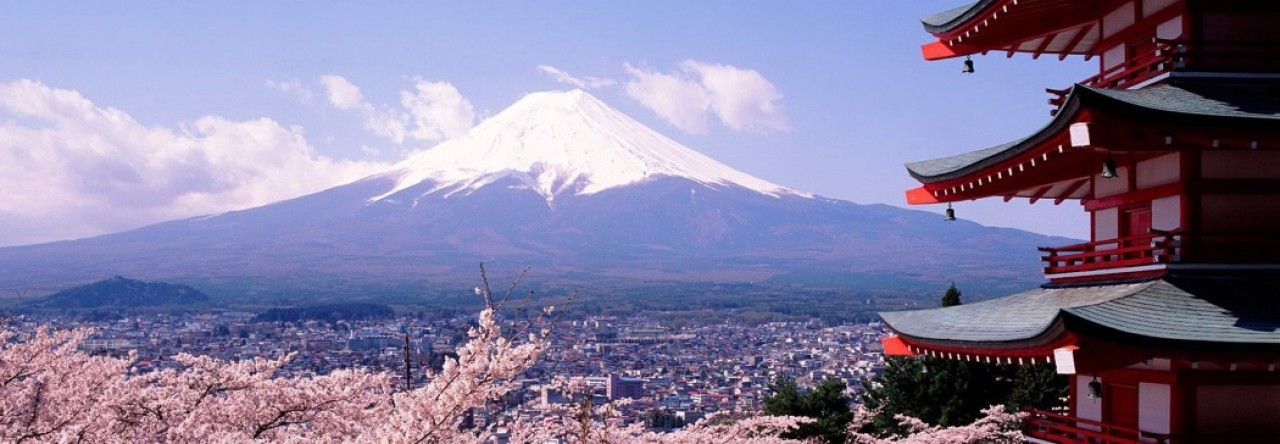![David Even, left, teaches krav maga to Mickael Guirronet. [Julie Soto photo]](https://www.cjnews.com/sites/default/files/imagecache/350px/krav.jpg)
David Even thinks every Jew could use krav maga. That’s part of the reason he decided to teach teenagers at Bialik High School in Montreal and Academie Yavne in Côte Saint-Luc, Que., the basics of the self-defence system.
“I’ve travelled a lot in the world, and there’s some places where it’s better not to say you’re Jewish,” he said.
Learning krav maga gave him the confidence in his ability to handle a bad situation, and from the self-defence system, he also learned how to prevent some incidents, he said.
Even was born in Montreal but grew up in Amsterdam where he said there was a lot of antisemitism, “so I was motivated to learn how to defend myself and my family.” That’s the goal of his teaching – to help people learn not only to defend themselves but also the people around them.
He explained that krav maga isn’t exactly a sport since there are no rules. Also, there aren’t any divisions based on weight, since on the street you could find yourself defending against a person of any size, he said.
He began his training in Israel while on an ulpan program when he was living on Kibbutz Ma’agan Michael, 30 kilometres south of Haifa. There, he met a Dutch soldier who introduced Even to krav maga.
“Right away I loved it,” he said. “I learned it very fast and I practised a lot.”
He noted that one of the aspects of krav maga is that it’s easy to learn. It’s a matter of learning simple techniques and training yourself to make them instinctive.
“It’s very efficient because it was created so that Jews without any weapons or arms, or any other resources for that matter, could defend themselves and learn the technique quickly,” he said.
Krav maga takes self-defence techniques from martial arts such as jiu jitsu, judo, wrestling and others, and then melds them into an original form of self-defence.
“It’s the best of everything but applied for real-life situations,” Even said, adding that krav maga focuses on preventing injuries. “It’s always better to be prepared and to prevent something from happening than healing it afterwards.”
When Even returned to Amsterdam from Israel, he quickly found a use for his new skills, working as a security guard for a synagogue. He said he was not allowed to discuss times that he used krav maga, but he described Montreal, his home these days, as much more peaceful.
He said he encounters fewer incidents in Montreal in which he needs to use krav magna, which he partially attributed to the fact that he knows krav maga. “People will think twice to rob me or drunk people to push me,” he said, explaining that they can see that he has trained based on his stance.
He started teaching just two years after he began his own training. Since there are no official belts or levels in krav maga, as long as he’s confident that he could defend himself, he’s confident he could teach others to do the same, he said.
Since there aren’t specific levels, when testing his students, he focuses on running, strength and cardio techniques, as well as the ability to concentrate and remain calm in tense situations.
In addition to teaching teenagers, Even runs a small krav maga school for adults. There, he places a greater emphasis on training with weapons, rather than on posture and the non-verbal communication aspects of self-defence.
Ultimately, he said krav maga is perfect for those who want to stay in shape, but also wish to be prepared to use the technique to defend themselves. It’s a great way to get out the stress and anger that might build throughout the day, and you learn efficient techniques, he said.
“Krav maga is real. It’s not only used in the Israel army, but also everywhere in the world in professional organizations,” he said. “If you want to be trained for real-life situations and have the exercise, krav maga would be the best.”

Leave a Reply